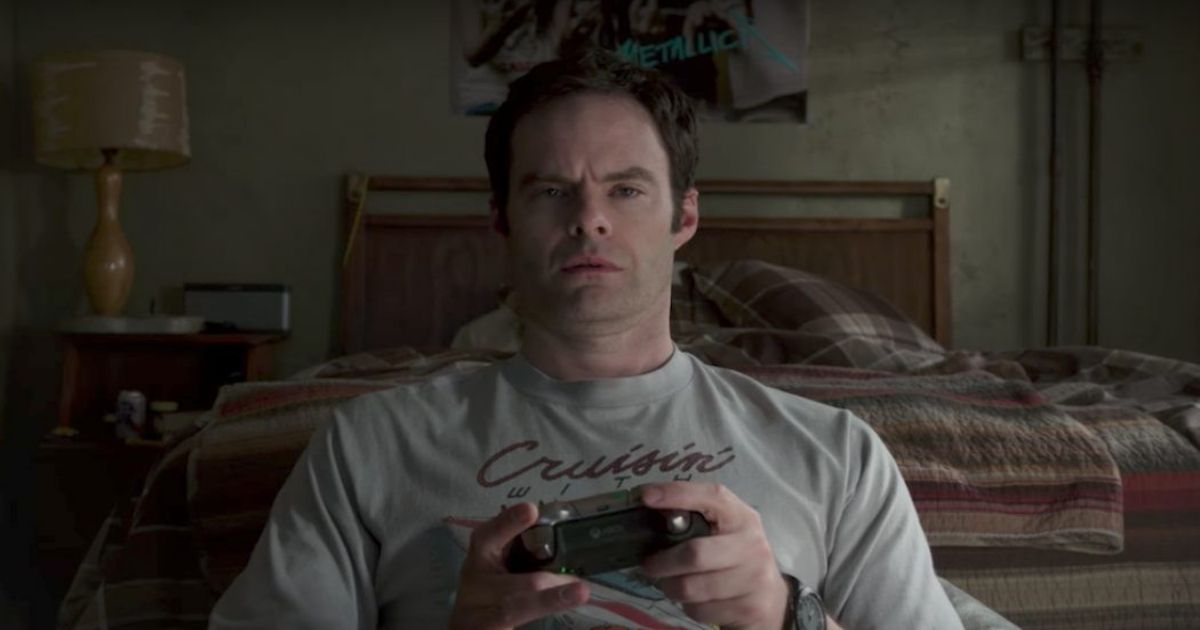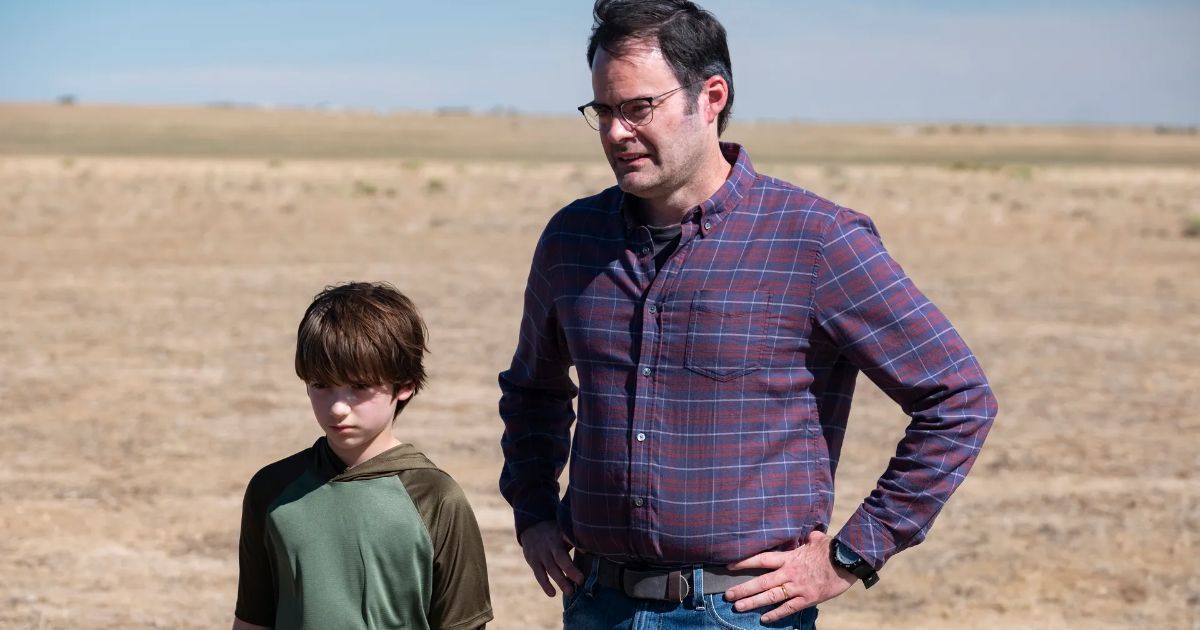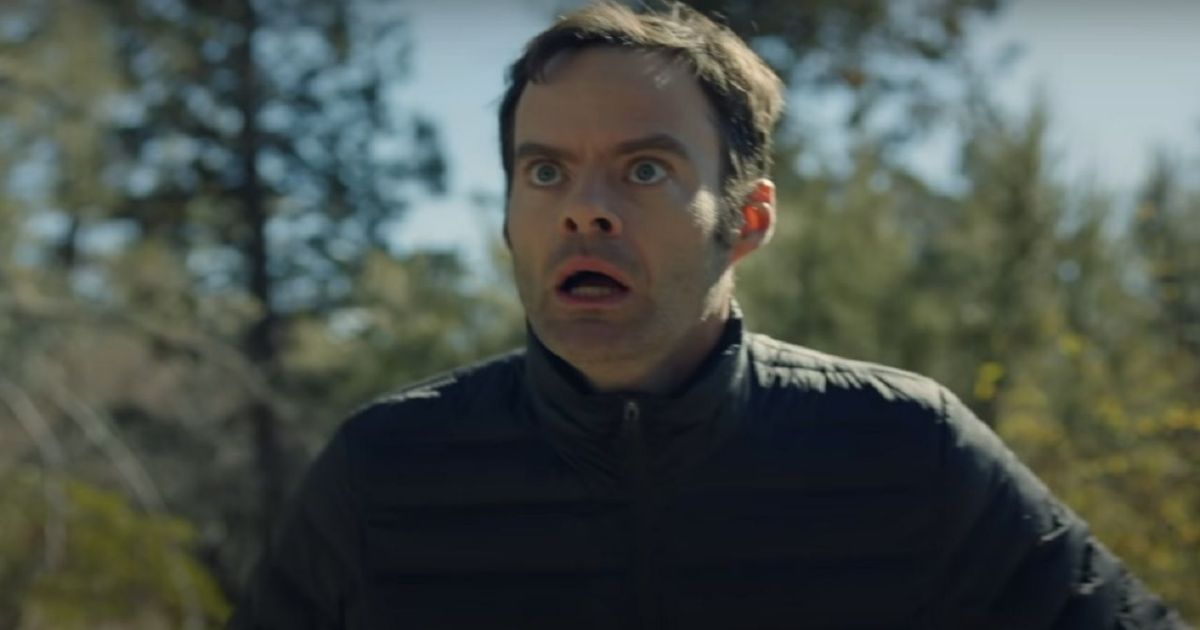Barry is an HBO original series that tells the story of a hitman named Barry Berman from the Midwest who follows a target out to Los Angeles. Barry ends up falling in love with the city of angels and gets involved in the city’s theater scene. The show originally premiered in 2018 and recently just concluded its series run with all the episodes available to stream on Max. The series finale gave audiences a bittersweet ending to the story.
Updated May 31, 2023: This article has been updated following the final episode of Barry and the series’ conclusion.
With such a unique premise, it’s really no surprise that the show is both an extremely morbid drama and a comedy at the same time. Barry carves out an interesting and unique space for itself in the world of comedy series streaming. The show is most accurately described as a dark comedy; it is, after all, about a hitman whose job it is to kill others. However, when compared to other dark comedies, this series has a different approach. Where other comedy series may use morbidity and the flaccid reaction to it as a comedic tool, Barry approaches death and killing from a more grounded and realistic perspective.
The distinct separation between the comedic elements and dramatic elements makes for an exciting show. Instead of the characters being nonchalant about death, they are aware of its repercussions. This aspect raises the stakes and allows for some incredibly compelling acting that transcends the subgenre. This series really is a masterclass in comedy and drama, and here is how.
Top-Tier Acting
The performances in Barry really are phenomenal. The show wouldn’t be nearly as strong as it is without the top-tier level of acting displayed throughout the series. The creator and main character of the show, Bill Hader, is an experienced comedy professional with a hilarious body of work in films like Knocked Up, Hot Rod, Superbad, Trainwreck, and Tropic Thunder. Hader was also one of the best performers and later one of the best hosts of Saturday Night Live, and he’s acted in another series he created, Documentary Now! Hader does much more than comedy in this series, showing off his range through Barry’s interpersonal relationships and professional ones – which tend to involve killing.
Hader’s friends in this series are people who are involved in the theater and improv scene in Los Angeles. This includes his romantic interest, Sally Reed (played by Sarah Goldberg), and his acting teacher Gene Cousineau (played perfectly by Henry Winkler, who won an Emmy for it). As the series progresses, they have a more involved role in Barry’s life. Gene specifically is forced to confront Barry’s vocation and does a great job reacting to the gravity of the situation.
Although Hader’s character tries to distance himself from his killing profession, he continues to get roped back in. Two individuals who are involved in this hidden part of Barry’s life are Chechen mobster NoHo Hank and Barry’s corrupt father figure and employer, Monroe Fuches. The brilliantly charismatic Anthony Carrigan plays NoHo Hank, and Fuches is played by the talented Stephen Root. This mixture of actors with a wide array of talent in many genres allows them to balance the tightrope of needing to play comedic moments and dramatic scenes, sometimes finding the perfect mix of both.
The Unique Genre of Barry
As mentioned before, the unique genre of Barry is one of its shining attributes. Compared to a dark comedy series like What We Do In the Shadows, which may show a flippant and dismissive response to death, in Barry, there is remorse for killing; there is an understanding that Barry’s job causes immense harm to others, and this weighs on him.
A particularly good example of this would be in season two, where he is forced to kill one of his friends, Chris, after he is implicated in a murder. Barry tries to convince his friend that keeping quiet is the best move and that he wants to try to protect his friend and family. The friend says that he needs to tell the police and that he doesn’t mind going to jail. After this is said, Barry gets upset. He is angry, knowing now that his only option is to kill his friend. The friend pleads with Barry, but Barry swiftly executes him and walks away, demonstrably shaken to his core and revealing his pain by trashing a room at the theater, none of which is played for laughs.
Barry is not a heartless killer. He uses his acting and theater classes as a form of catharsis after making himself numb for so many years. He struggles with forming meaningful interpersonal relationships because of his career. The series showcases an incredible range of human emotions, from grief to anger, to jealousy, and sometimes acknowledges the dark comedy of everything. People do laugh in uncomfortable situations, and Barry revels in that.
The Season 4 Turn
During the end of the third season, the show set up a shift in tone for the last season. Barry was left with his hands tied, with more bloodshed being his only way out. While the actors are still plenty charming, all the dark actions from the previous seasons come to a crescendo for their characters. The humor has to step aside for the sake of the story, and it actually makes the impact all the more important.
Without spoiling too much of the finale, the final season features plenty of betrayals. The characters are forced to change, and their friendships are challenged and lost. In a way, the humor allowed the audience and characters to distance themselves from the dangers they faced. However, that protection is ripped away and replaced with vulnerability as everyone has to accept the consequences that play out in the fourth season for what they are.
Humor, even dark humor, allows the audience a moment to breathe. It cuts through the tension and helps to make the unpleasant events of the show a little easier to handle. However, the finale does not hold back. The tension builds, and it stays that way until the end. Contrasting with the previous tone of the show, the more dramatic ending lets the audience know there is only one way out for Barry.
Barry’s Writing and Direction
Bill Hader has outdone himself with the direction of this series. He is the creator and the star (and even occasional director), allowing him a far greater amount of creative control over his character than many other actors. Hader has previous experience writing for Saturday Night Live, South Park, and Documentary Now!, but this series elevates his craft to new heights.
Barry excels on both a macro level and with specifics, from its visual palette to moments of powerful dialogue. The dialogue is realistic, compelling, and, importantly, fits the cadence and style of the actors delivering it. Following the actors, the dialogue has range, shining through all scenes, whether it’s an action sequence, romantic scene, or a funny scene, maintaining realism while also being specific to the show and fitting.
Something that is not always the most refined in comedy series is their larger season-long story arcs. Where other shows may keep their plots relatively episodic, Barry has a compelling multi-season long story arc that keeps the viewer watching, unsure if Barry will be redeemed or turned into an irredeemable monster to be caught or killed. Despite each episode being 30 minutes, the series is easily able to squeeze plenty of story into these episodes with good economic storytelling. In this short amount of time, Barry is able to display funny and compassionate characters while also progressing the larger storyline forward. This series truly is a masterclass of comedy and drama. Despite being over, Barry is still worth a watch.
This story originally appeared on Movieweb




